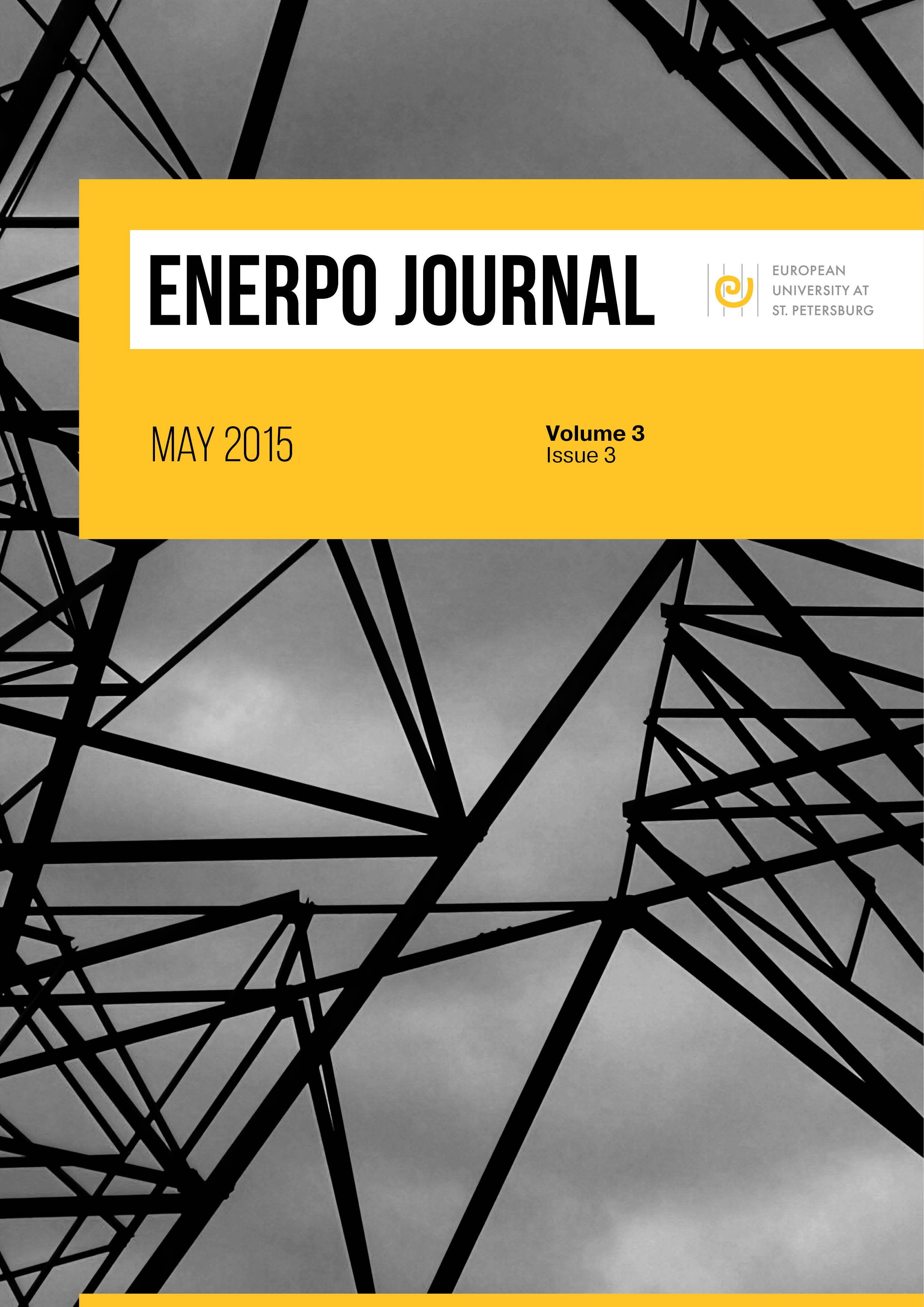
Contents
ANALYSIS. Klaipeda LNG: Destined for Exports? – Sean Berwald
Klaipeda LNG, Lithuania’s floating import terminal for liquefied natural gas (LNG), has been hailed as a successful project to increase the energy security, diversity, and independence of Lithuanian energy. However, the project has come in a time of limited market diversity, with Russian gas still exporting over 75% of the natural gas needed for the small Baltic state. Historically, Lithuania used its oil terminals as a means of energy diversification and independence. With an overwhelming amount of oil bottled up inside the Russian Federation, these oil import terminals quickly turned into export terminals. Whilst this is not something on the radar of the companies involved, it will make more business sense to use the terminal to export LNG than it will to import LNG. The biggest obstacle to such a proposition is the Lithuanian state and their desire for energy security.
Key words: Lithuania, Klaipeda LNG, gas market, diversification,
The recent rush in Estonian Prime Minister Taavi Rõivas´ willingness to agree on the construction of the first Estonian LNG terminal on poor terms and expertise is a politically motivated decision and should not be called the success for Estonians that some politicians claim it to be. Estonian politicians have overlooked the future LNG trends and have not turned a critical eye toward the Klaipeda LNG terminal. The ongoing rush towards building an LNG terminal to Estonia has missed four important signals that should have been taken into consideration: decrease in Estonian gas demand, European LNG infrastructure overcapacity, future LNG trade towards Asia and mostly, the real price of Klaipeda LNG for Lithuanian gas consumers and the project´s viability.
Key words: Estonia, gas market, LNG oversupply, Russian gas export, Klaipeda LNG
ENERGY ECONOMY SERIES. The Philippines – Joe Ralbovsky
We are excited to introduce the very first installment of our Energy Economies Series – a segment in which ENERPO authors explore the foremost challenges and opportunities of today – and the strategies governments or organizations are employing to make the most of them. Each entry will take a look at a single country and focus on a few notable aspects, attempting to bring light to the larger trends. We go first to the Philippines, a nation battered by storms, dependent on imports, enshrouded in uncertainty, and ripe with opportunity.
Key words: Philippines, energy security, energy policy, import dependence, alternative energy, RES
On October 3, 2014, the European University of Saint Petersburg hosted a round table discussion “Pan-European Energy Security in the Post-Ukraine Crisis: Future Scenarios and Possible Solutions”. Experts from different countries and with different backgrounds were invited. Divergent points of views and interests were shared through an interesting and highly informative debate. Professor Davide Tabarelli at the University of Bologna, and president of Nomisma Energia spoke about the Italian approach to the current gas crisis, focusing on the “bel paese, ” (literally ‘beautiful country’) energy strategy and on the importance of the South Stream gas pipeline (which has since been cancelled) for Italy and Southern Europe.
Key words: Italy, gas supply crisis, energy security, European gas market, ENERPO Workshop